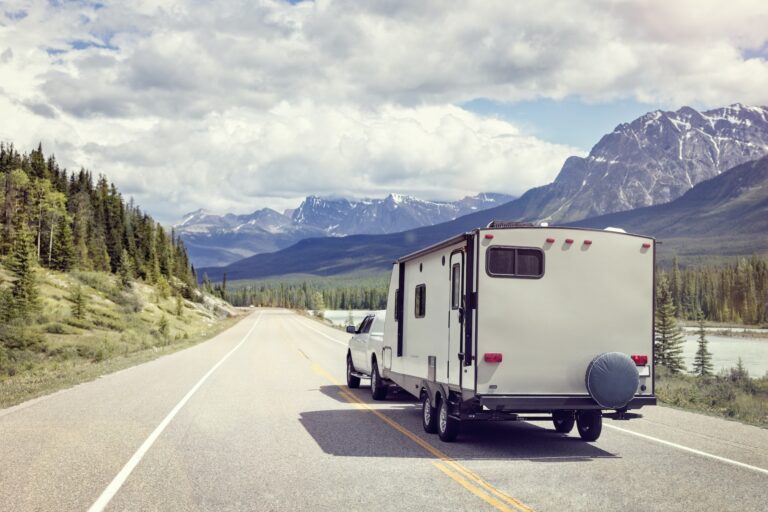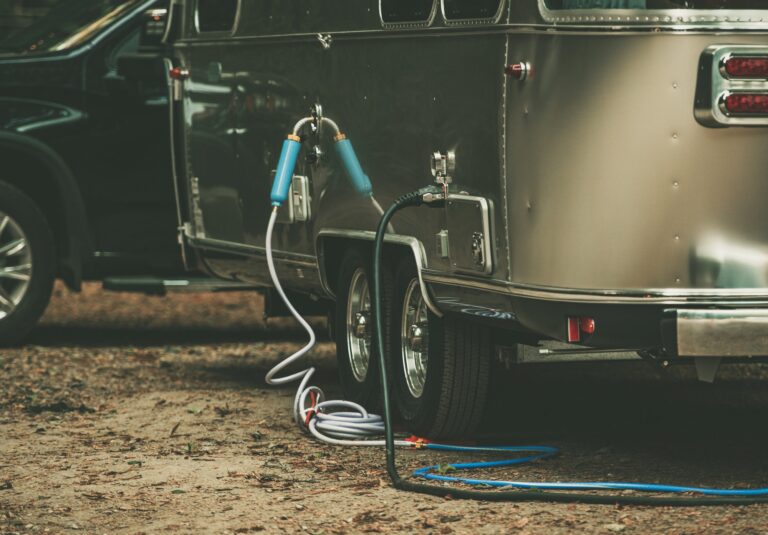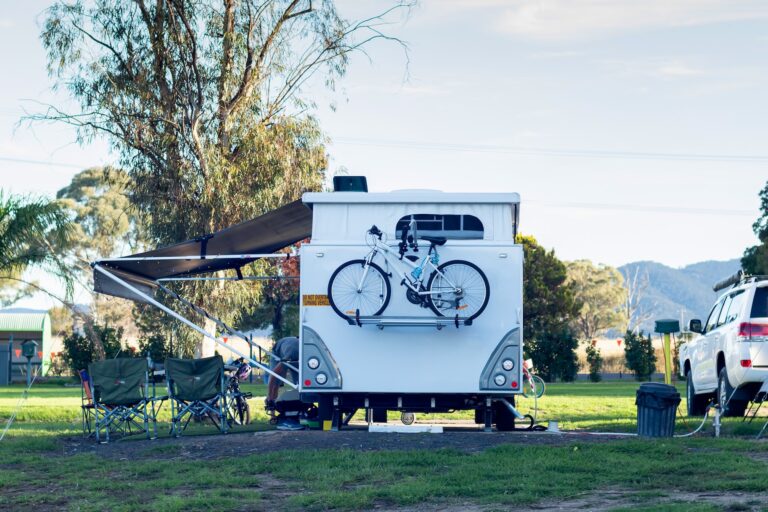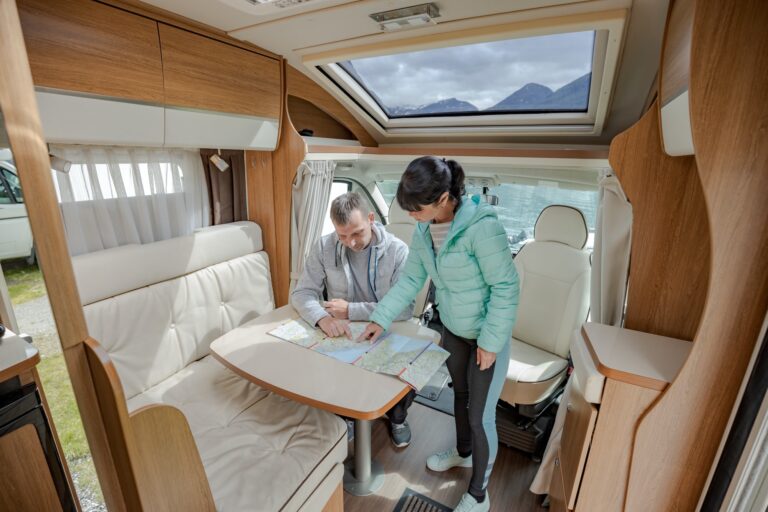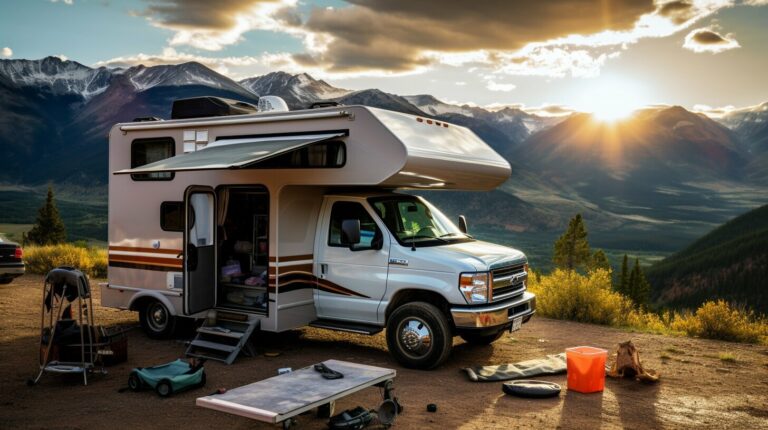Purchasing an RV (recreational vehicle) is an investment in a lifestyle of adventure and freedom. But as a first-time RV buyer, the process can seem a bit daunting, especially when it comes to negotiating the best deal. Like any significant purchase, buying an RV requires a level of savviness to ensure you’re getting the best value for your money. This guide will arm you with strategies and tips to negotiate effectively and confidently secure the best deal for your first RV.
Understand the Market
The first step in negotiating the best deal is to understand the RV market. It’s important to research the types of RVs, their average costs, and their resale values. This will give you a benchmark for what you should expect to pay.
Tips for understanding the RV market:
- Identify the Type of RV You Want: Whether it’s a Class A, B, or C motorhome, a travel trailer, a fifth wheel, or a pop-up camper, each type of RV has its own price range. Identifying the type of RV you want will help narrow down your research.
- Research Online: There are several online resources where you can check the prices of new and used RVs. Websites like RV Trader, Camping World, and even manufacturer websites can provide valuable information.
- Check the NADA Guides: The National Automobile Dealers Association (NADA) Guides provide pricing and value information for new and used RVs. This can serve as a helpful reference during negotiations.
- Visit RV Shows or Dealerships: These are great places to see a variety of RVs, get a feel for pricing, and learn more about different manufacturers and models.
Establish Your Budget
Before negotiating, it’s crucial to establish a budget. Knowing how much you’re willing and able to spend will guide your negotiations and prevent you from overextending financially.
Tips for establishing a budget:
- Consider the Total Cost of Ownership: Remember that the purchase price of the RV is just the beginning. You should also budget for insurance, maintenance, storage, campsite fees, fuel, and other associated costs.
- Secure Financing: If you’re financing your RV, get pre-approved before negotiations. This will give you a clear idea of your budget and show sellers that you’re a serious buyer.
- Set a Maximum Price: Decide on the maximum price you’re willing to pay for the RV and stick to it during negotiations. This will help you avoid getting caught in a bidding war or paying more than you’re comfortable with.
Be Prepared to Negotiate
Negotiating can be uncomfortable, especially if you’re not used to it. However, it’s an essential part of the RV buying process. Here are some strategies and tips to help you negotiate effectively.
Negotiation Strategies:
- Start Low: When making your first offer, start lower than the price you’re willing to pay. This gives you room to negotiate upwards and potentially secure a better deal.
- Be Patient: Good negotiation takes time. Be prepared to walk away if the dealer isn’t willing to meet your price. There’s always a chance they’ll call you back with a better offer.
- Don’t Show Too Much Excitement: If a dealer knows you’re in love with a specific RV, they might be less willing to negotiate. Try to keep your emotions in check.
- Negotiate on Total Price, Not Monthly Payments: Dealers often try to focus on monthly payments to make the RV seem more affordable, but this could end up costing more in the long run. Always negotiate based on the total price of the RV.
- Ask for Extras: If the dealer won’t budge on price, try negotiating for extras like upgraded features, extended warranties, or free maintenance.
Do a Thorough Inspection
Before finalizing the deal, it’s important to do a thorough inspection of the RV. This can help you find any potential issues that could be used as negotiation points.
Inspection Tips:
- Check Everything: From the engine and tires to the appliances and roof, make sure everything is in working order. Check for signs of water damage, as this can be a costly problem to fix.
- Take a Test Drive: This is especially important if you’re buying a motorhome. Make sure it drives smoothly and that you feel comfortable behind the wheel.
- Consider an Independent Inspection: If you’re not confident in your ability to inspect the RV yourself, consider hiring an independent RV inspector. While this will add to your costs, it could save you money in the long run by identifying potential issues.
Conclusion
Negotiating the best deal for your first RV might seem overwhelming, but with the right preparation and strategies, you can ensure you’re getting the best value for your money. Research the market, establish your budget,be prepared to negotiate, and thoroughly inspect the RV before finalizing the deal. These steps will not only help you secure the best deal, but they’ll also provide you with the confidence that you’re making a well-informed decision.
Remember, purchasing an RV is not just about the vehicle itself, but about the experiences and memories you’ll create with it. So take your time, do your homework, and enjoy the process. Before you know it, you’ll be hitting the open road in your new RV, ready for your next big adventure. Happy RVing!

